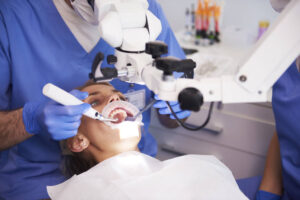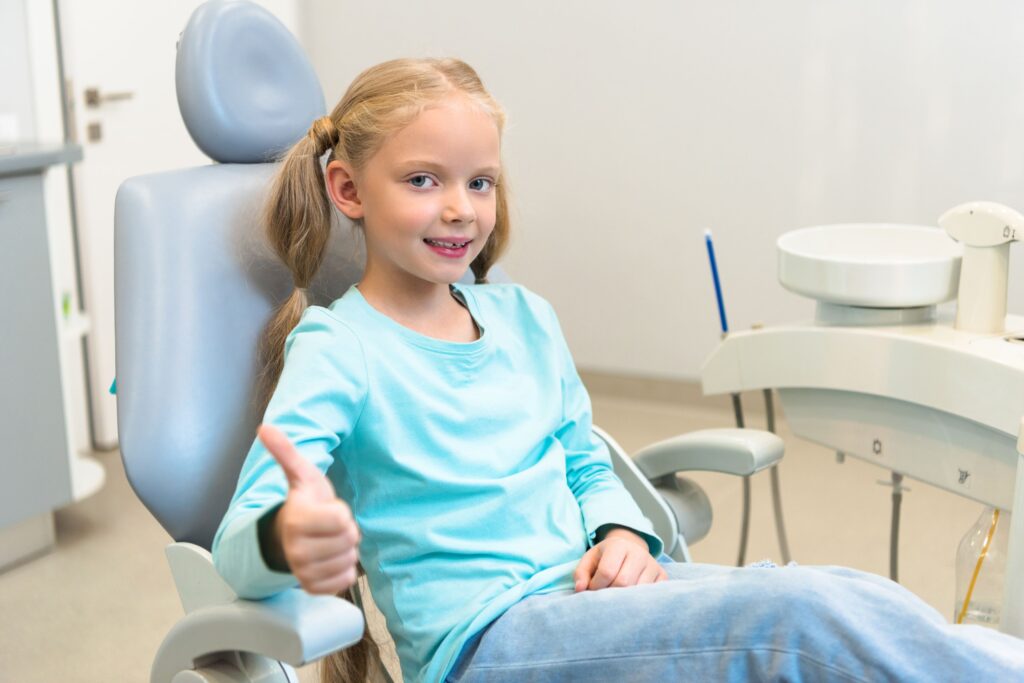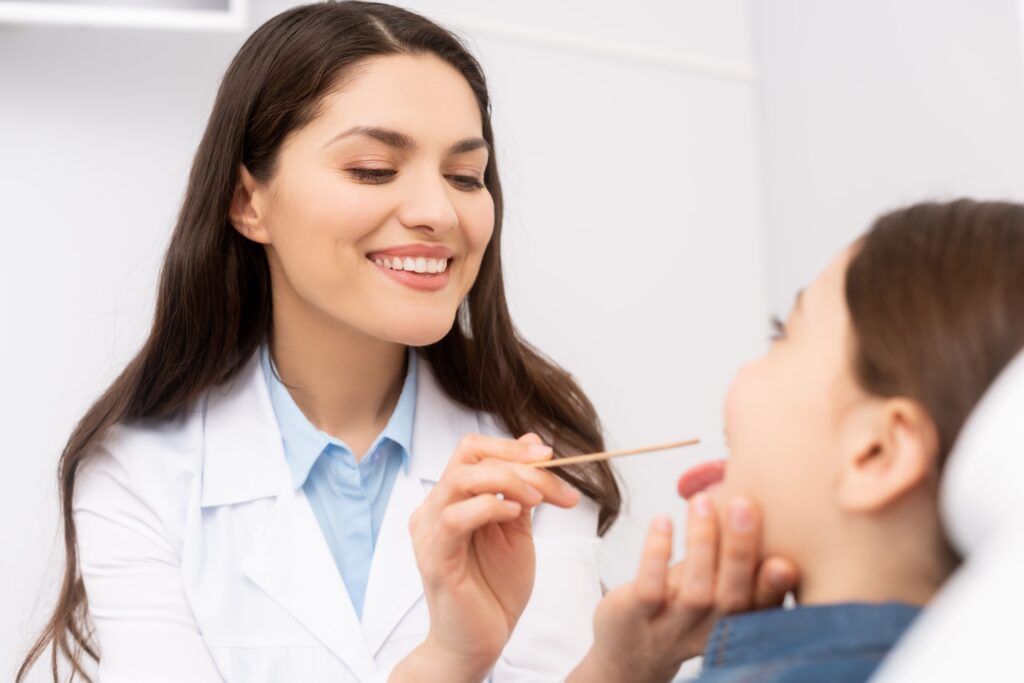
Wisdom Teeth Removal & Wisdom Teeth Surgery
If you are in need of wisdom teeth removal or wisdom teeth surgery, the team at Local Default can help. Our team is comprised of some of the best oral surgeons in the country and our experience means that we can help you get the most out of your treatment. We offer a range of treatments to suit your needs, from minimally invasive procedures to more traditional wisdom teeth removal methods. Contact us today to book a consultation with one of our specialists and get started on your journey to healthy teeth!
Wisdom Teeth Removal
The decision to have wisdom teeth removed is a weighty one. Considering the potential risks and benefits, it’s important for patients to be as informed as possible before making a decision. Here’s a look at some of the factors to consider.
The biggest concerns surrounding wisdom teeth removal are dental trauma and infection. Injuries can occur during extraction, including broken teeth, knocked out teeth, or missing teeth. Infection can also occur if bacteria gets into the wound, which can lead to swelling, pain, and fever.
There are also risks associated with the medications used in tooth extraction. These include an increased risk of serious side effects such as stroke, heart attack, or kidney failure. Patients should also be aware that any elective surgery carries some risks.
Despite these risks, many people choose to have their wisdom teeth removed because they no longer need them. This is especially true if they experience discomfort from their teeth or if they find that their bite is deteriorating due to crowding from the extra teeth. If you’re thinking about having your wisdom teeth removed, it’s important to discuss your options with your dentist.
Getting Wisdom Teeth Removed
Wisdom teeth are a common dental problem. They’re usually removed in adults when they start to cause problems, such as infection or pain.
There are several ways to remove wisdom teeth. The most common is through surgery. But removing them this way carries some risks, including severe pain and financial cost.
Another option is to remove wisdom teeth using lasers. This technique is less invasive but also carries some risks, including burns and other damage to the teeth and gums.
If you’re considering Wisdom tooth removal, there are a few things you should know:
- Talk to your dentist about which method is best for you. There’s no one right answer — whatever works best for you will likely be the safest and easiest procedure.
- . Be prepared for the procedure. Before your wisdom tooth removal surgery, be sure to gather all the information your dentist needs about your health history and any current treatments you’re using, such as antibiotics or pain medications. This will help ensure the procedure goes as smoothly as possible.
- . Follow your dentist’s instructions carefully. They’ll make sure you’re fully aware of the steps involved in each approach to Wisdom tooth removal and that you understand what to expect during and after the surgery.
- . Expect some pain after wisdom tooth removal surgery — but it shouldn’t be unbearable. If it is, speak with your doctor about available relief options, such aspain medication or local anesthetics injected into the gum before the surgery begins.
How Long Does Wisdom Teeth Removal Take
Wisdom teeth are the last of the sixteen baby teeth to grow in. They can come in any order – four on the top and twelve on the bottom. Usually, wisdom teeth don’t cause problems, but when they do, they can affect a person’s smile.
Sometimes wisdom teeth can cause a person to slur their words and have difficulty chewing. Occasionally, wisdom teeth can become impacted and require extraction (removal) to free them. There’s no set time frame for extracting wisdom teeth, but it typically takes around two hours or longer to complete the procedure. Depending on the complexity of the tooth, additional tools may be necessary, such as an expander or drill, so please contact our office if you have any questions about the removal process.
Wisdom Teeth Surgery
Wisdom teeth are a group of four upper front teeth that sit behind the other regular teeth. They can be prone to problems such as become embedded in bone, causing pain and difficulty chewing. Wisdom teeth are most commonly removed between the ages of 18 and 25, but can also be removed at any age.
There are two types of wisdom tooth removal: open surgery and closed surgery. Open surgery is the traditional type of removal and involves making a large incision in the jawbone and removing the tooth by cutting it out. Closed surgery is less invasive and uses an electronic tool to break up the tooth without making a cut in the skin.
The decision to have wisdom teeth removal is based on a number of factors including age, medical history, severity of problem and preference. Most people who have wisdom teeth removed feel better after the procedure and can resume their normal lifestyle faster than those who don’t have them removed.
Wisdom Tooth Extraction
The wisdom tooth is the last tooth to develop in a person’s lifetime. The tooth is located in the upper jaw, behind the front teeth.
It originated near the rear of the jawbone and gradually migrated forward as the person grew. The wisdom tooth becomes visible when it reaches about three-quarters of an inch (2 cm) from the gum line.
Wisdom teeth are mainly used to grind food and are not necessary for everyday oral maintenance. They can become bothersome if they’re not removed properly during a dental procedure, or if they become infected.
If you’re experiencing pain or difficulty chewing, discuss your concerns with your dentist. They may recommend that you have your wisdom tooth extracted as soon as possible to prevent further damage or infection. This will also ensure that your smile looks its best in the long run.
Wisdom tooth extraction is a common procedure that most people can recover from relatively quickly. Most people feel relief within two days of surgery, and some even feel better within hours or minutes of completing the surgery. You may experience some minor soreness and swelling following surgery but should be able to resume normal activities relatively soon after surgery completes.






